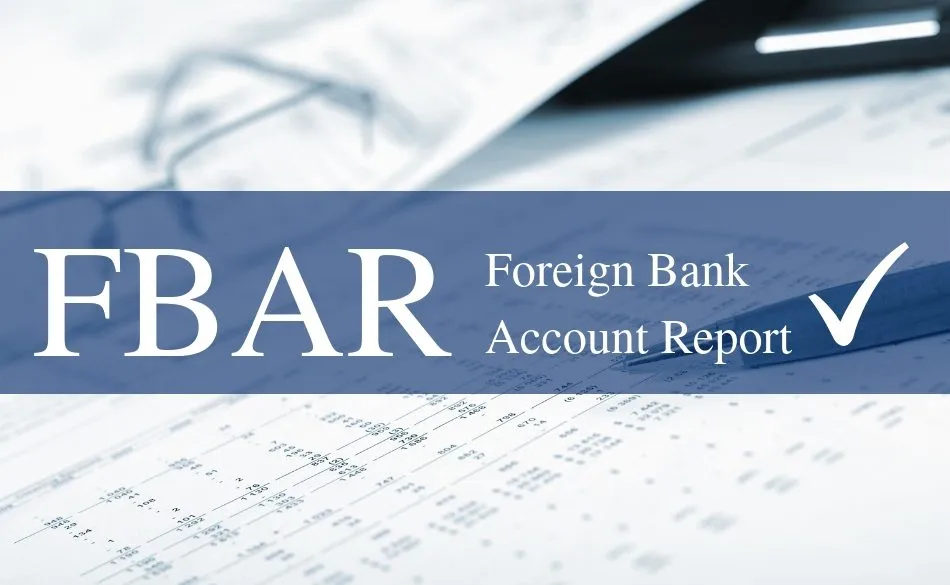As UAE gears to support economy with levy of Corporate Taxation from the beginning of their first financial year that starts on or after 1 June 2023 coupled with VAT introduced in January 2018, UAE corporate tax can be a challenging process for any country, as it can create significant disruption in the business environment and raise a number of complex issues. Some of the key challenges that UAE may face when introducing a corporate tax include:
1. Resistance from businesses: Businesses may resist the introduction of a corporate tax, if the regulatory environment is perceived as being too complex considering the fact that UAE has been considered tax heaven for all local businesses as well as Global Companies. This can create tension between the government and the business community and may make it difficult to implement the tax in a timely and effective manner.
2. Administrative complexity: The administration of a corporate tax can be complex, requiring significant resources and expertise. This can be especially challenging for UAE where major population is of epacts.
3. Impact on investment: The introduction of a corporate tax can have a negative impact on investment, as it can increase the cost of doing business in UAE. This can make UAE less attractive to foreign investors, which can further exacerbate economic challenges.
4. Unintended consequences: The introduction of a corporate tax can have unintended consequences, such as encouraging businesses to shift profits to other countries or reducing the competitiveness of local companies. These unintended consequences can have a significant impact on the UAE economy and may require additional policy interventions to address.
5. Restrictive Adaptation: It may be difficult to change the mindset of local businesses who have been doing business with a traditional mindset and are used to do business with no tax planning or tax management policies
 WhatsApp
WhatsApp
 Call Us
Call Us
 Email Us
Email Us
 Whatsapp Community
Whatsapp Community







